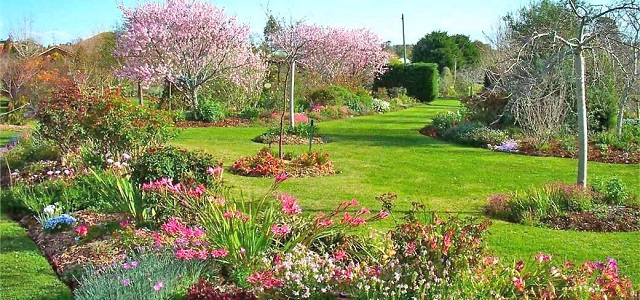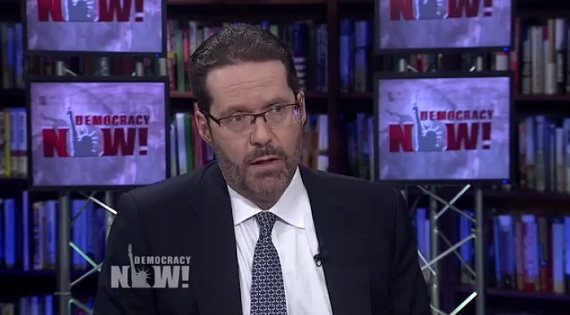
Visit the garden of delights that is the Planet Waves Boutique, and find the top-quality reading, class or membership that you need, or that special gift for a loved one.

John Crane, former senior official at the Pentagon who has revealed major privacy and security lapses within the government’s whistleblower program. Image: video still
Today’s show features an exclusive interview with a former senior Pentagon official about how his superiors broke the law to punish a key National Security Agency whistleblower for leaking information about waste, mismanagement and surveillance. His account sheds light on how and why Edward Snowden revealed how the government was spying on hundreds of millions of people around the world.
John Crane worked 25 years for the Department of Defense Office of Inspector General, which helps federal employees expose abuse. He now says whistleblowers have little choice but to go outside the system, and is speaking out about what happened to NSA whistleblower Thomas Drake, who revealed the existence of a widespread illegal program of domestic surveillance. Crane describes how in December 2010 Drake’s lawyers filed a complaint with the inspector general alleging he had been punished in retaliation for his whistleblowing, and that the crimes Drake was later charged with were “based in part, or entirely,” on information he provided to the Pentagon inspector general.
Mark Hertsgaard recounts Crane’s story in his new book, Bravehearts: Whistle-Blowing in the Age of Snowden, and shows how Drake’s persecution sent an unmistakable message to Edward Snowden: Raising concerns within the system meant he would be targeted next. In dozens of hours of interviews, Crane described how in December 2010 Drake’s lawyers filed a complaint with the inspector general alleging he had been punished in retaliation for his whistleblowing, and that the crimes Drake had been charged with were, quote, “based in part, or entirely,” unquote, on information that Drake provided to the Pentagon inspector general during its investigation of the NSA whistleblowers. In other words, the indictment had unmistakable similarities to the confidential testimony Drake had given to Crane’s staff at the Pentagon’s Inspector General’s office. This suggests investigators had not simply given Drake’s name to the FBI, but shared his entire testimony.
Hertsgaard tells how Drake’s arrest, indictment and persecution sent an unmistakable message to Snowden: Raising concerns within the system meant he would be targeted next. Edward Snowden has responded to Crane’s revelations by calling for a complete overhaul of the U.S. whistleblower protections. Snowden told The Guardian: “We need iron-clad, enforceable protections for whistleblowers, and we need a public record of success stories. Protect the people who go to members of Congress with oversight roles, and if their efforts lead to a positive change in policy—recognize them for their efforts. There are no incentives for people to stand up against an agency on the wrong side of the law today, and that’s got to change. The sad reality of today’s policies is that going to the inspector general with evidence of truly serious wrongdoing is often a mistake. Going to the press involves serious risks, but at least you’ve got a chance,” he says.
We are honored to offer this broadcast as part of our affiliation with the Pacifica Network. Find out where the Democracy Now! crew is visiting next during the show’s 100-city tour, celebrating 20 years on the air.

